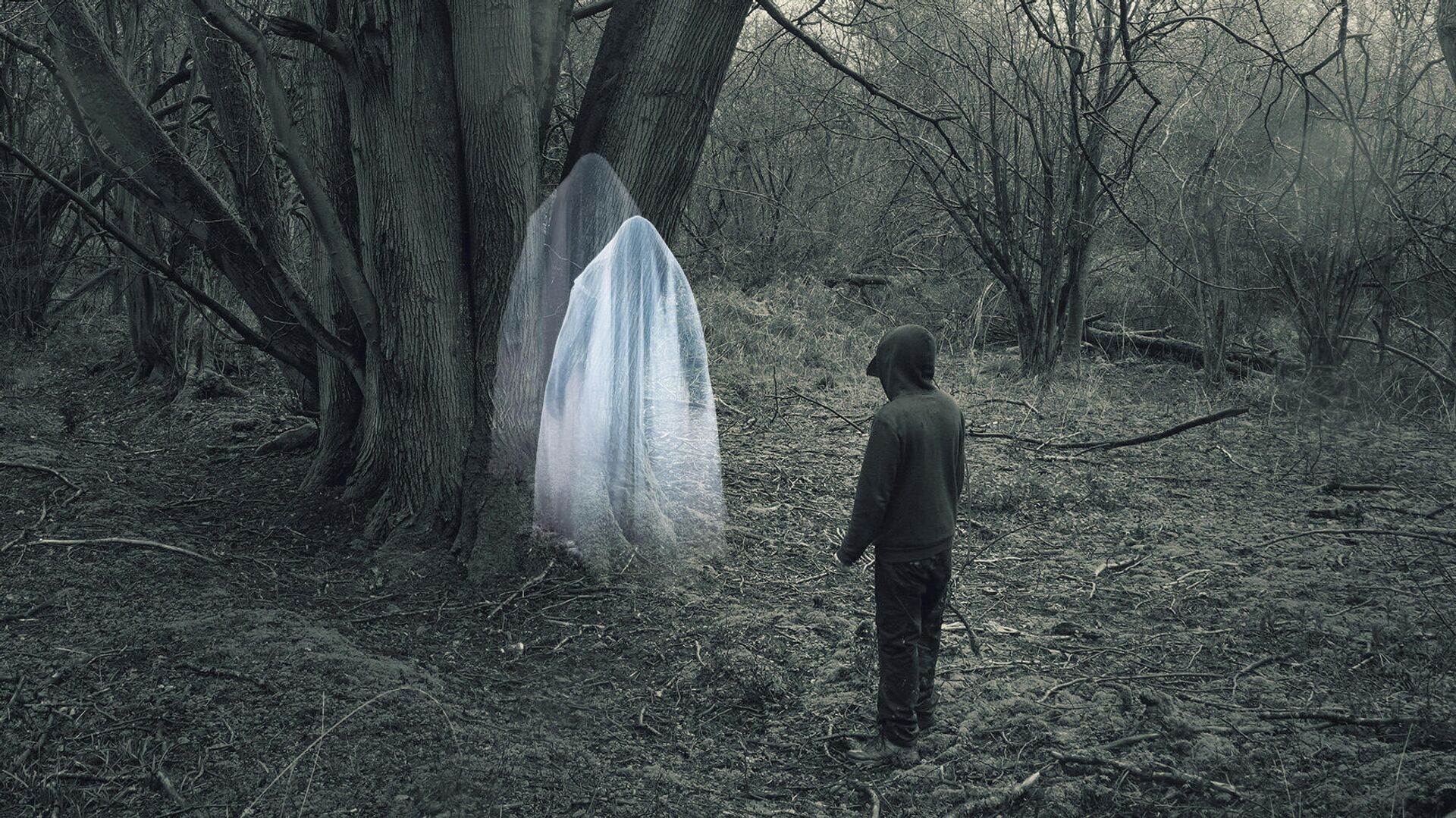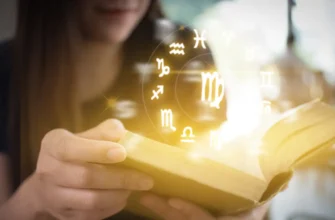
WHY MANY BELIEVE
The majority of people who believe in ghosts do so as a result of a personal encounter; they may have grown up in a household where the existence of (friendly) spirits was taken for granted or they may have had an unsettling experience while on a ghost tour or visiting a local haunt. However, a lot of individuals think that evidence for the presence of ghosts may be found in current physics, which is a rigorous science. It is popularly believed that Albert Einstein proposed a scientific theory based on the First Law of Thermodynamics to support the existence of ghosts: What happens to the energy in our bodies after we die since energy cannot be generated or destroyed but can only change form? Could that possibly appear as a ghost in any way?
Until you investigate the fundamentals of physics, it appears like a plausible assumption. The solution is not at all mysterious and is really straightforward. The energy in a person’s body after death enters the environment, where the energy of all living things does. The body is transported into the creatures that devour us (i.e., wild animals if we are left unburied, or worms and germs if we are interred), the plants that absorb us, and the energy is released in the form of heat. No body “energy” that survives death can be picked up by common ghost-hunting equipment.
Even though amateur ghost hunters prefer to think of themselves as pioneers in the field, they are actually partaking in what folklorists refer to as “legend tripping” or ostension. It essentially consists of individuals “playing out” a mythology, sometimes one with ghosts or other supernatural beings. his book “Folklorist Bill Ellis notes that ghost hunters themselves frequently take the search seriously and “venture out to challenge supernatural beings, confront them in consciously dramatized form, then return to safety” in “Aliens, Ghosts, and Cults: Legends We Live” (University Press of Mississippi, 2003). Such activities explicitly say that their goal is to test and establish the bounds of the “actual” world rather than to provide amusement.”
If ghosts exist and are some kind of as-yet-unknown energy or entity, then (like all other scientific discoveries), their existence will be discovered and verified by scientists through controlled experiments, not by weekend ghost hunters wandering around abandoned homes in the dark late at night with cameras and flashlights.
In the end, the evidence for ghosts is no stronger today than it was a century ago (and this is despite masses of questionable photographs, sounds, and movies). There are two reasons why ghost seekers might not have found any solid proof. The first is that ghosts don’t exist and that psychological effects, false impressions, human error, and hoaxes can account for tales of ghosts. The second possibility is that there are ghosts, but there is no conclusive proof since ghost hunters lack the necessary scientific equipment and attitude.
However, in the end, ghost hunting is not really about the proof (if it was, the search would have been abandoned long ago). Instead, the focus is on having fun with friends, sharing tales, and enjoying the fantasy of exploring the edge of the unknown. Everyone enjoys a good ghost story, after all.








